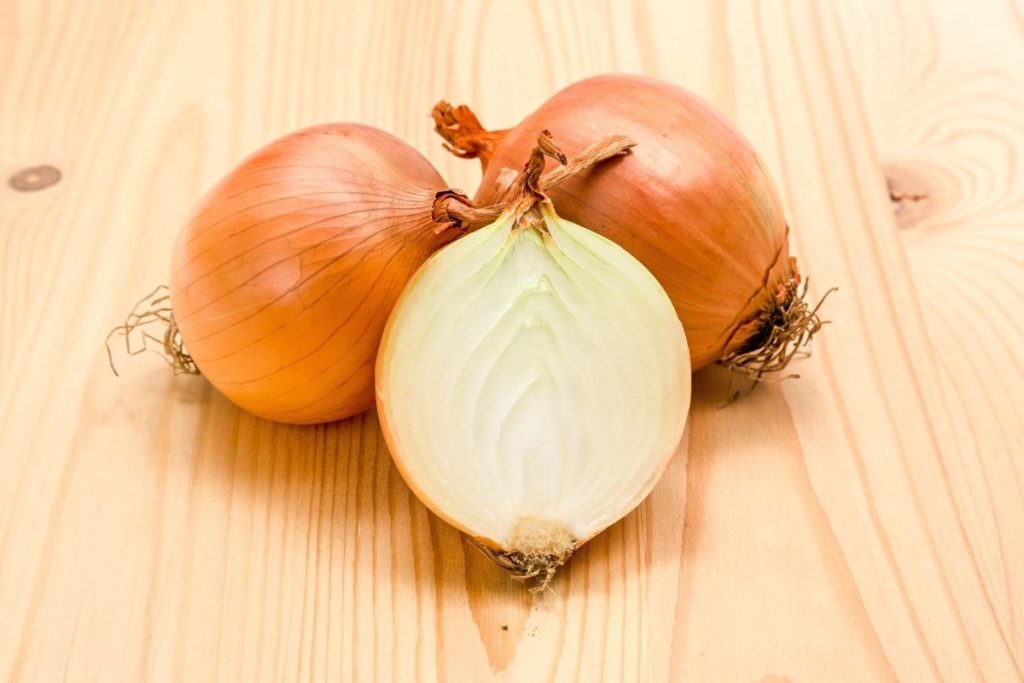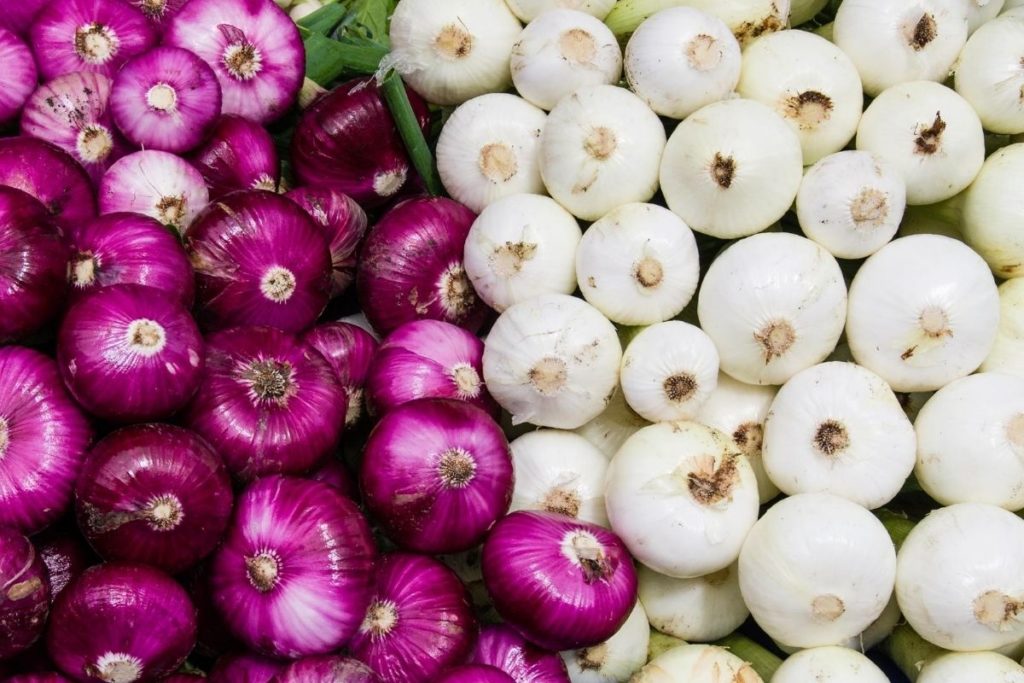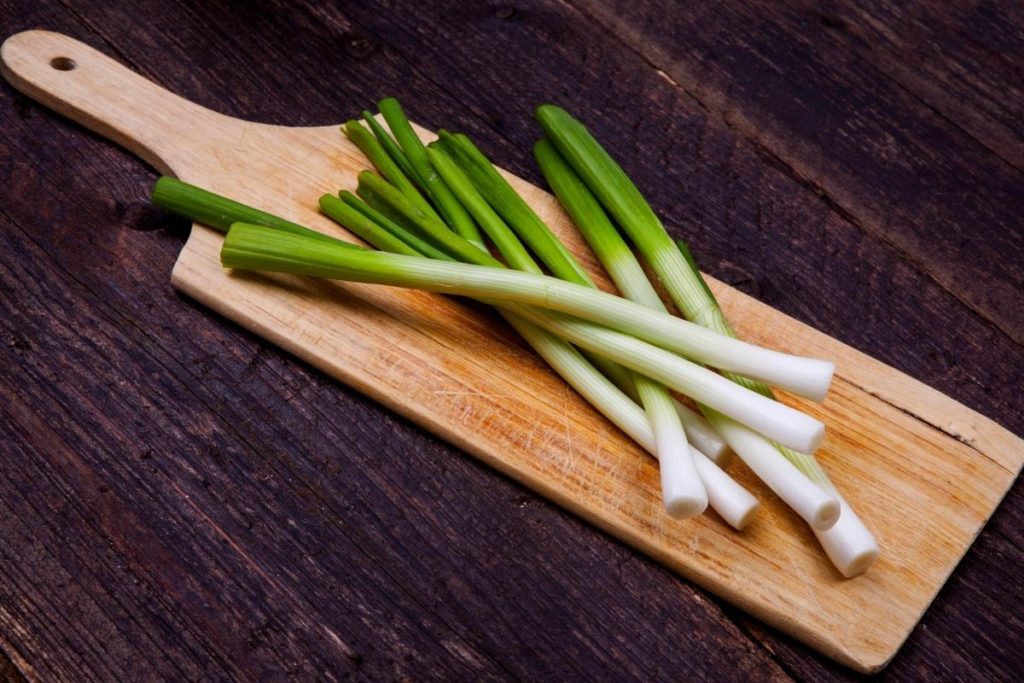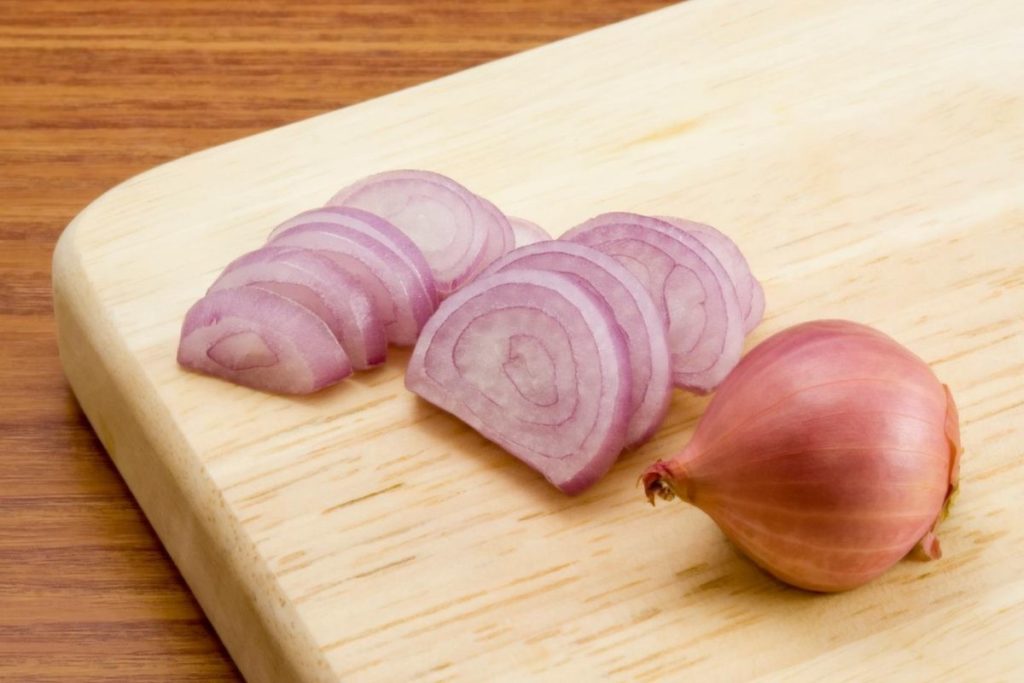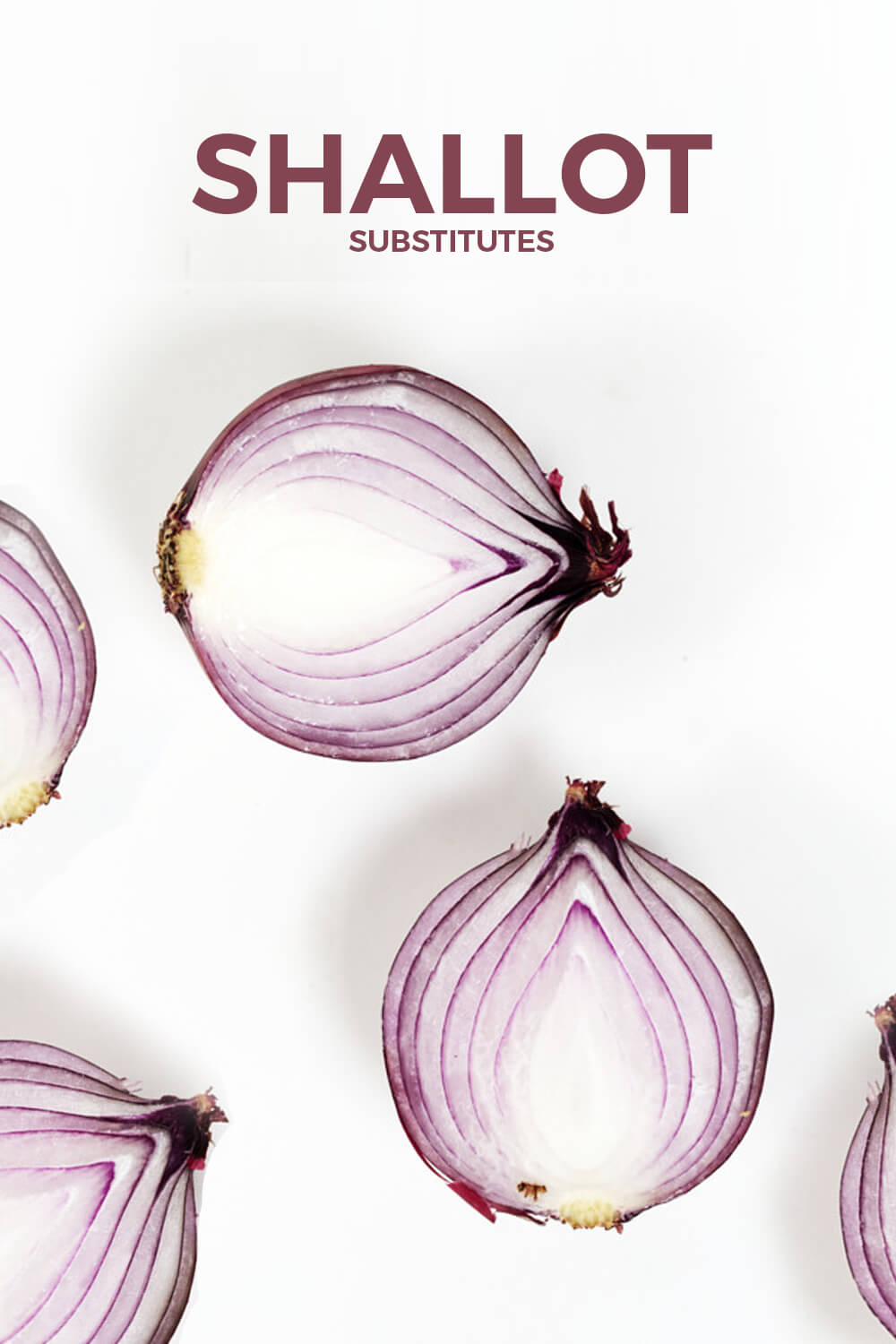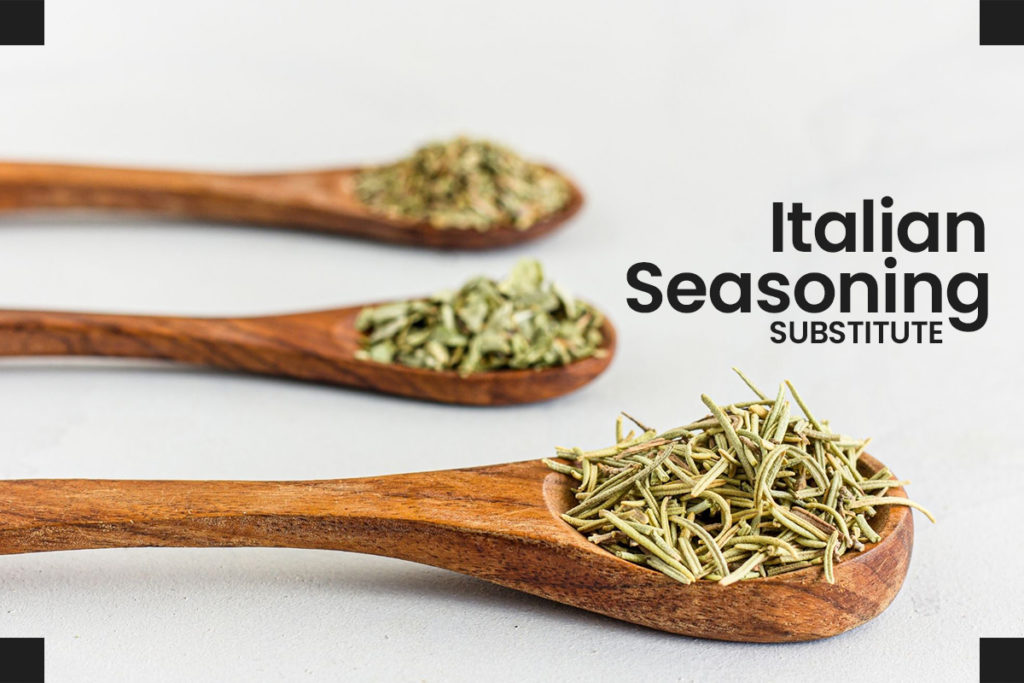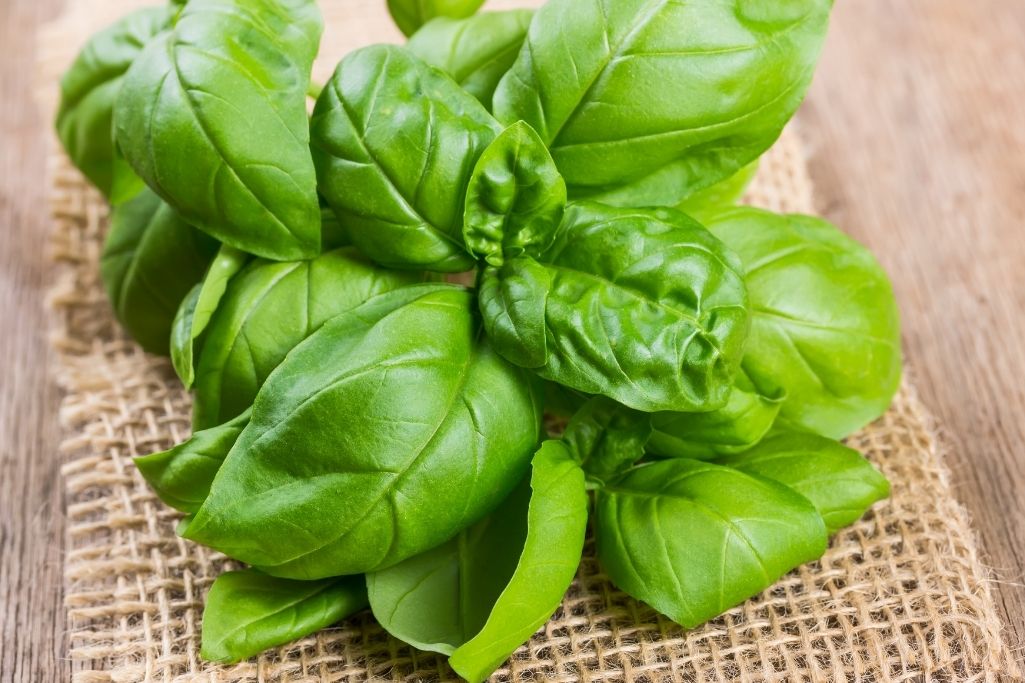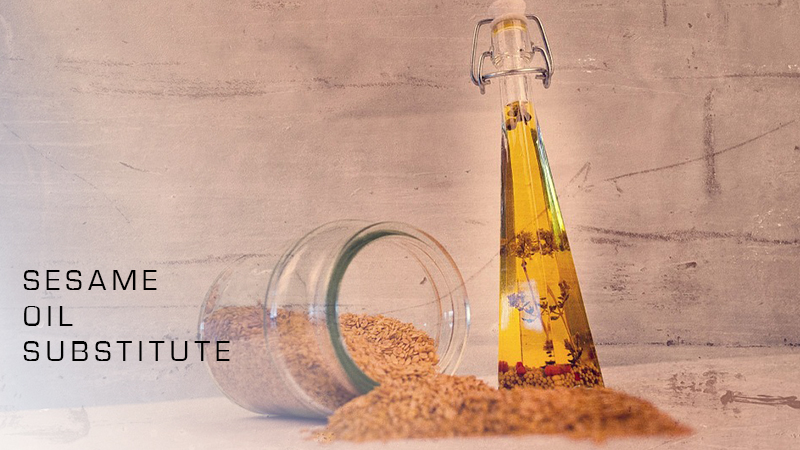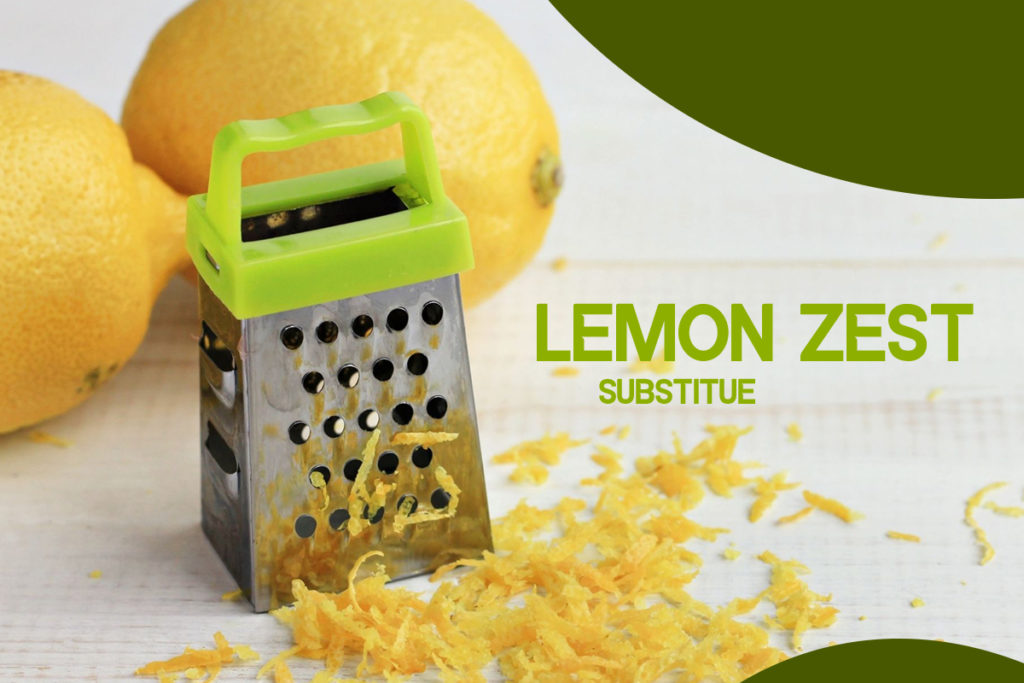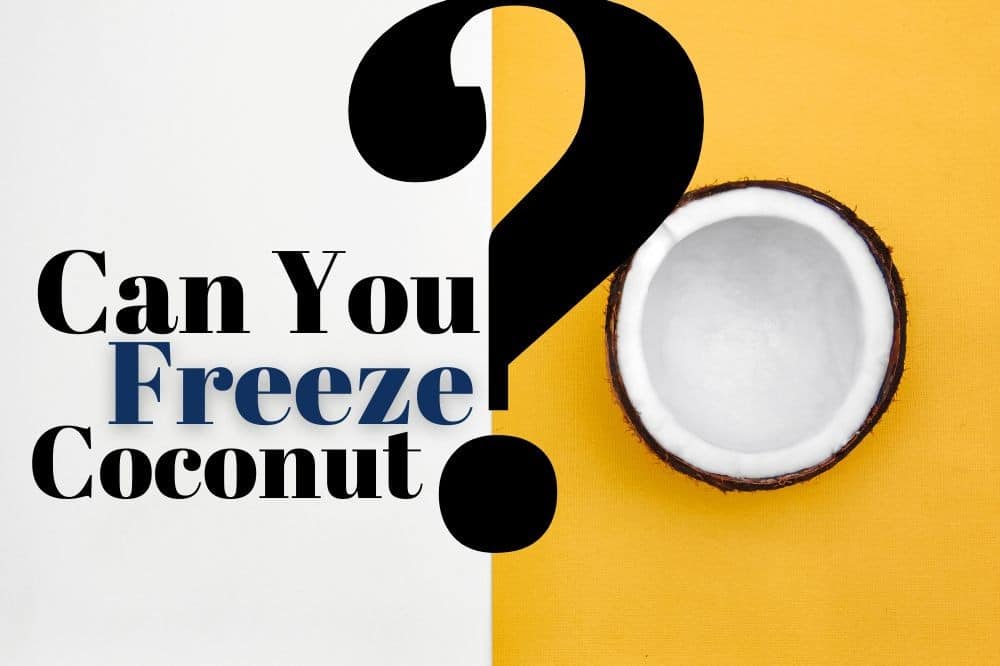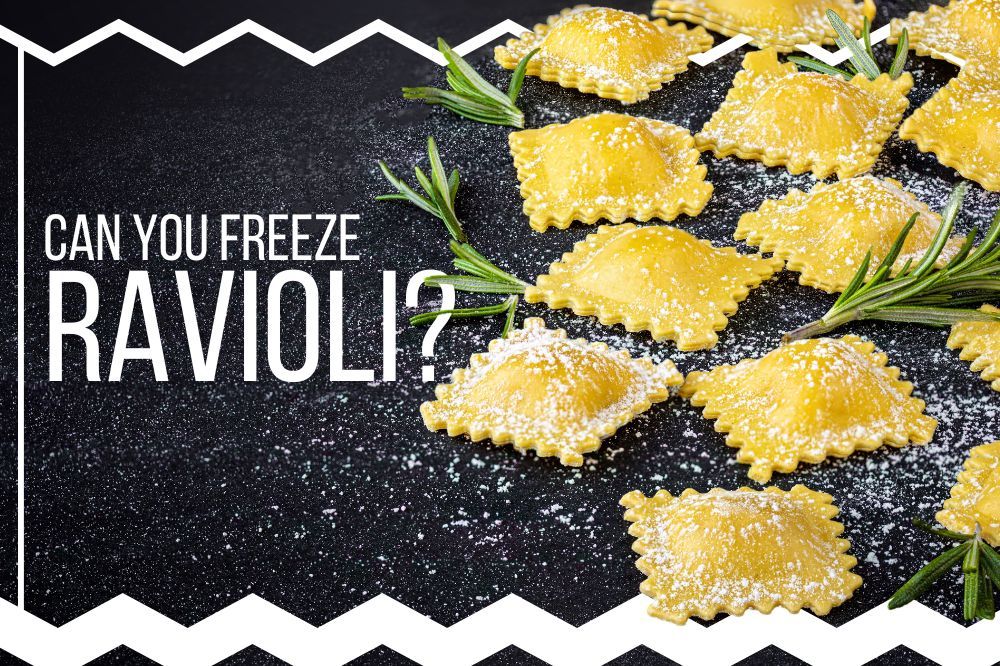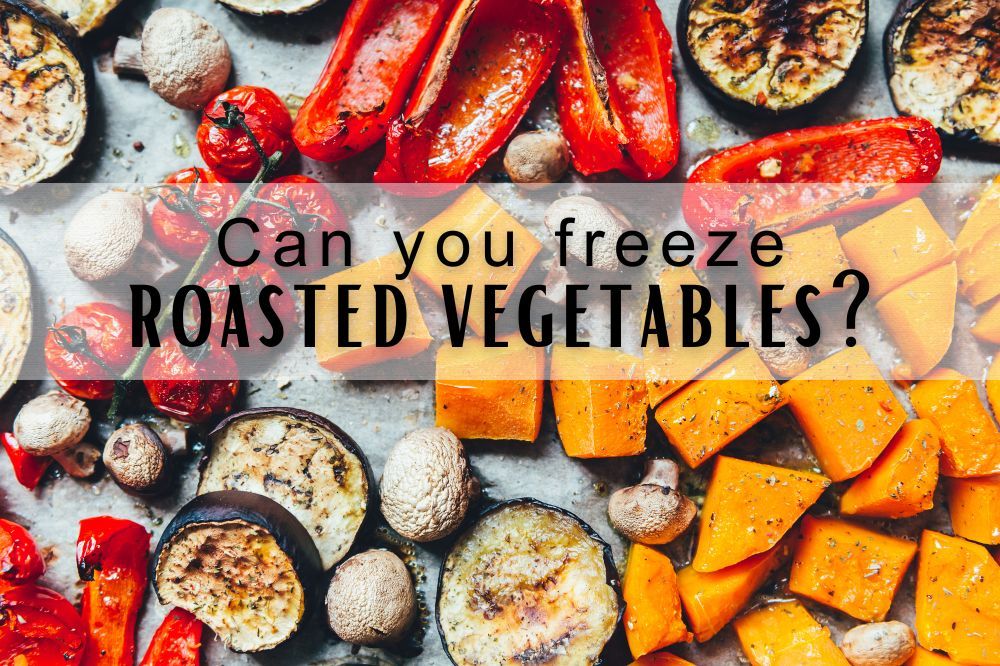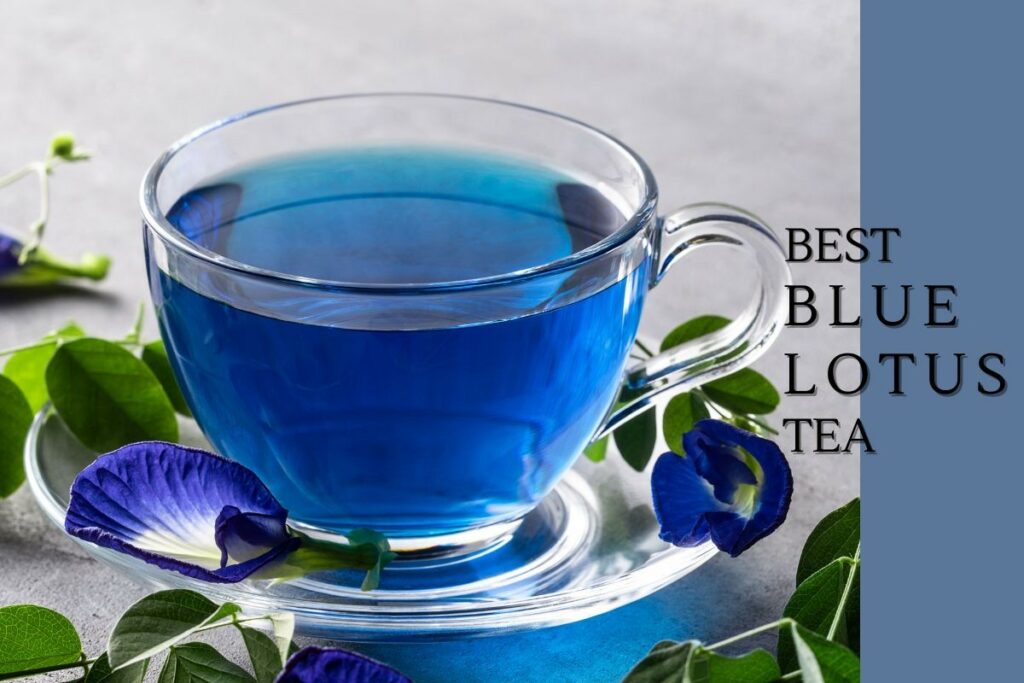3 Best Substitutes for Shallots (Updated 2025)
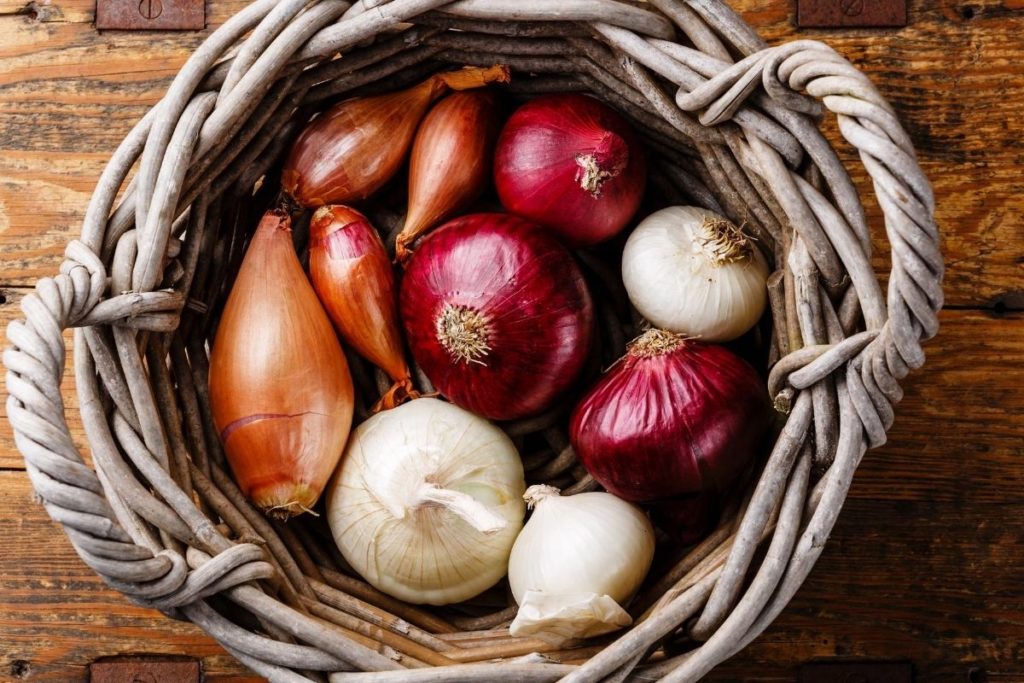
Are you looking for a great alternative to shallots? Check out our list of the best substitutes for shallots in this article.
Learning and mastering new recipes also mean coming across ingredients that are not always available in your kitchen. While this may not necessarily be a negative thing, you don’t always want to go out for just one item, especially when you’re doing your cooking during the wee hours of the night or when it’s drizzling outside.
Everyone knows that garlic and onions are perennial ingredients that help infuse a dish with so much flavor. While shallots also fall in this category, recipes are less likely to call for this ingredient, making them a pain to find and even store in your pantry.
If you’re having the same problem, chances are you’re looking for shallot substitutes to help you achieve the taste of the real thing. You might not even know what shallots really are and that’s okay.
In this article, we’re here to give you a closer look at the flavor profile of shallots and what you can replace them with.
Read on to learn more about the best shallot substitutes.
Best Shallot Substitutes
Now that you know a thing or two about shallots and their flavor profile, you no longer have to fear going without these alliums. Bear in mind, however, that substitution only works well if the recipe calls for cooked shallots.
As you can guess, raw onions may be a harsher and more pungent alternative that could easily overpower a dish.
1. Yellow Onions
Yellow onions make for a great alternative to shallots. They are relatively sweeter and milder compared to red or white onions. Because of this property, you can easily achieve a similar flavor profile, especially when caramelizing or cooking them.
You can substitute shallots with onions on a 1:1 basis but cut back if the recipe calls for more than half a cup of shallots to avoid an oniony taste.
2. Red or White Onions
If you don’t have yellow onions, it’s also acceptable to use white or red onions in place of shallots. However, it’s best if you temper them with a pinch of garlic or cook them with some minced garlic.
Adding garlic will not only add depth and dimension to your dish but will also help you achieve a taste quite similar to shallots.
3. Scallions
Scallions or spring onions make for another easy shallot alternative in a pinch. These present a slightly milder taste compared to onions, which is why they are a good replacement for shallots, especially in recipes that call for raw shallots.
To capture the flavor of shallots, it’s advised to use only the white base of the scallions or spring onions. If you look closely, the base resembles a white onion bulb. You may also add garlic powder or some minced garlic and simply use the green stalks as a garnish or save them for another recipe.
Even Julia Child, a famous chef and cookbook writer, agrees that scallions are viable substitutes for shallots, especially during the 1960s when she was still introducing classic French cuisine and making it easier for American home chefs to cook. A child once reportedly remarked that shallots are hard to come by, so scallions would do well in their stead.
What Is a Shallot?
A shallot is a small bulb that resembles an onion. It bears paper-think skin tinged with coppery-pink undertones as part of its exterior. Meanwhile, its flesh appears pale purple and white. It belongs to the allium family, together with garlic, onions, and chives. Unlike onions, however, these grow in bulbs and clusters.
Shallots are considered native to Central or Southeast Asia, although their existence and name are widely attributed to Ashkelon, an ancient city located in Israel. Egyptians reportedly used shallots as part of their ancient medicinal remedies.
The taste of shallots often falls between that of garlic and onions, so you can just imagine what would happen if onions and garlic had a baby. Because they fall under the allium family, it comes as no surprise that shallots bear strong and pungent flavors.
However, bear in mind that they are much sweeter and milder compared to onions with a more delicate mouthfeel.
With shallots’ unique flavor, they are a favorite ingredient of chefs and cooks around the globe not only to brighten vinaigrettes but also to add mild yet sweet seasoning to dishes.
Consumed raw, they can cut the acidity of vinaigrettes without packing too much of a punch. Cooked or braised, they lend a sweetness that enhances the dish, rather than overpowering the final outcome.
Their versatility knows no bounds, making them present in a variety of cooking styles around the globe, from Asian to French cuisine. They can take on sharp and pungent qualities one moment, while other times their sweet profiles shine through.
They can be pickled, roasted, finely diced, and even cut into rings, especially because their cellular structure is wholly different than that of onions.
The Bottom Line
While using shallot substitutes will slightly alter the taste of your dish, using the tips and tricks mentioned in this article will get you as close to the real thing as possible. Try these out and let us know what you think.
3 Best Shallots Substitutes
Check out these great substitutes for Shallots that have been shared on Pinterest.
Instructions
- Click on each link above to view the pin.
- Learn more about the ingredient.
- Purchase the ingredient.
- Add substitute to your recipe =)
you may also like
well hello there!

Hi, I'm Linda thanks for stopping by! We're so happy you're here. If you're a foodie and love to cook from home - you're in the right place..
LEARN MORE
free newsletter
Join the mailing list and receive our free newsletter!
recent posts
let's be social
search site
Recipe Marker
Recipe Marker provides you with the best information about home cooking tips, recipes, ingredient substitutes and more. Check out our blog to see the latest articles.
Copyright © 2024 Recipemarker.com | All Rights Reserved | Privacy | Disclaimer | Contact
